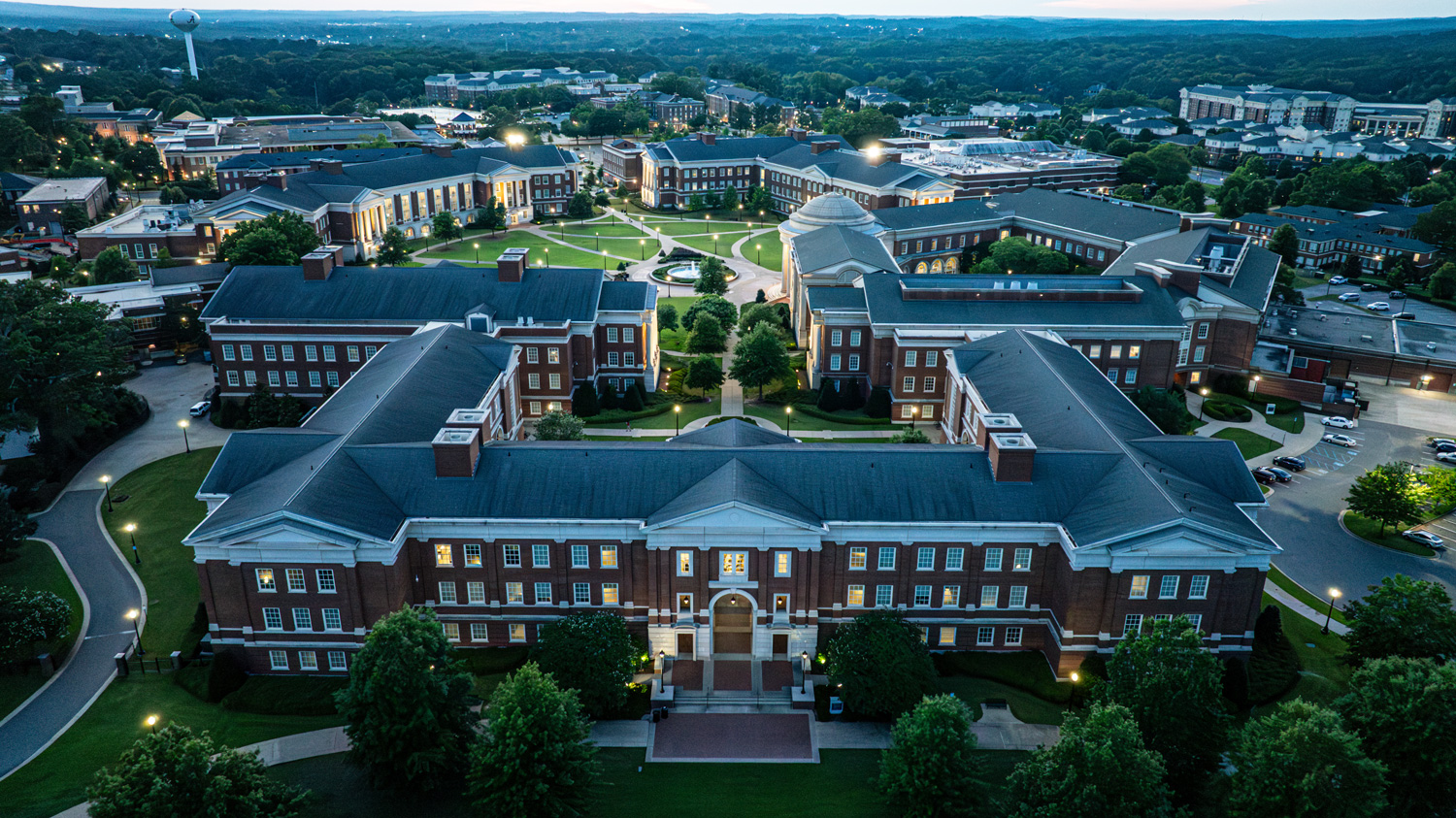Two physicists from The University of Alabama have been selected for the LHC Physics Center (LPC) Distinguished Researcher Program at Fermilab, a competitive international program focused on enabling independent research programs.
The program recognizes established researchers in the field of high-energy physics, and it typically names one senior distinguished researcher and several junior distinguished researchers each year. This year, The University of Alabama was the only institution to have two researchers selected, an honor highlighting its growing contributions to the Compact Muon Solenoid experiment and the field of high-energy physics.
Sergei Gleyzer, associate professor in the Department of Physics and Astronomy, has been named a Senior Distinguished Researcher.
Gleyzer’s research focuses on developing new machine learning techniques for high-energy physics and broader science applications. As part of this effort, he is developing experiments at Fermilab and CERN in Switzerland that use advanced machine learning techniques to improve the resolution of the high-energy physics detectors, while searching for signals of new physics, such as dark matter.
Ruchi Chudasama, a postdoctoral fellow in the Department of Physics and Astronomy, has been named a Junior Distinguished Researcher.
According to Gleyzer, Chudasama played a critical role in standing up the vibrant analysis and detector research and development program at Fermilab, an effort involving UA graduate and undergraduate students. She is also contributing to preparations for the new High Granularity Calorimeter (HGCAL), a new silicon-based detector currently being built for the upcoming High-Luminosity Large Hadron Collider experiment at CERN.
The LPC Distinguished Researcher Program at Fermilab is a signature program of the LHC Physics Center and is designed to bolster and support the CMS collaboration. Funding for the program is facilitated by Fermilab and the U.S. Department of Energy.
